Honey is the gift of nature to the mankind. It is the regurgitated nectar of the flowering plants collected by the honeybees, processed in their special stomach and deposited in honeycombs. In ancient times, honey was collected from the nature by honey collectors and this practice is still continued till today in mot of the developing countries including India. Keeping bees in hives and obtaining honey commercially was started by a bishop in Hartz Mountain of Poland for the first time during 11 century. Longstroth in U.S.A. imported honeybees from Europe in 19 Century and started bee keeping scientifically. Since then there is a regular practice of bee keeping all over the world to obtain honey and other valuable bee products like bee pollen, propolis, wax, royal jelly, bee-venom, herbhoney etc, which are used in pharmaceutical preparations, food industries, cosmetic products paints and polishes.
Bee-keeping is an important bioresource of sustainable livelihoods for the rural poor and helps in eliminating poverty. It increases agricultural crop yield by pollinating flowers. By exporting honey and other bee products, it can be a source of earning hard currency to the country. China is the biggest exporter of honey to Europe and U.S.A. Although India has the large potential of bee keeping, it does not stand in the list of honey exporting countries. Recently more emphasis is being given to use bee-keeping practice for pollination of crops and fruit plants in India, but application of scientific technologies to increase honey and other valuable bee products is still not taken seriously. The present book describes these technologies for enhancing yield of honey and other bee products and marketing them for income generation.
ABOUT THE AUTHOR D K Belsare
Dr. D.K. Belsare, M.Sc. Ph.D., D.Sc., F.N.A. Sc., F.Z.S.I. is a retired Professor & Head of the department of Bioscience. Barkatullah (Bhopal) University, Bhopal. He is the first scientist to spread the message of environmental awareness & wild-life protection for the benefit of common man and their importance in human welfare and survival. He organized seminar/symposia/workshop from q1980 to 1985 for general awareness among the people and presented paper on wildlife conservation for ecological services. He has made significant contributions to Wildlife & Biodiversity Conservation in tropical region with reference to Indian sub-continent. He was awarded Visiting fellowship of United Nations Environmental Programme for delivering lectures on wildlife management and environment from 1980 to 1988 in various universities of Europe. During this programme, he delivered 20 lectures on tropical wildlife before the participants in ecosystem Management Programme held at Technical University Dresden (Germany) during this period. His gene pool fragmentation hypothesis is accepted as a cause of isolation of certain mammalian species like Asiatic lion, Barasingha and Wild Buffalo, which are on the brink of extinction. Dr. Balsare was awarded university merit Gold medal 1959, Zoological Society Gold medal 1985, 20 Century Gold Medal 1998 and Zoological Conference Gold medal 2000. he taught post-graduate classes for 30 years, did research for 35 years, and as Professor & head for 20 years. He was research Associate, Baylor College of Medicine USA for 3 years (1968-71), UNEP fellow Germany 1979, UNEP Visiting professor European university 10 years, Director, Environment Planning & coordination Oranisation, Government of Madhya Pradesh and now as Advisory Board member: ENVIS-Node DMI Bhopal. Dr. Balsare has published 160 papers in scientific journals and organized International Symposia in India, kaulalumpur (Malaysia) and Columbus (U..A.). 48 students obtained Ph.D. and two students were awarded D.Sc. under his supervision.

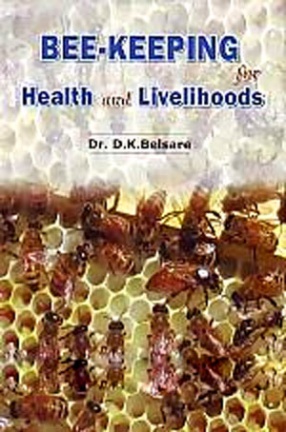
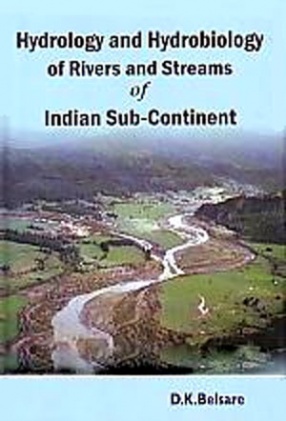
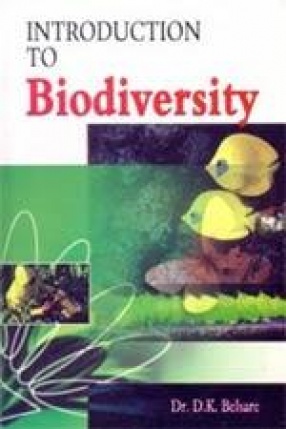
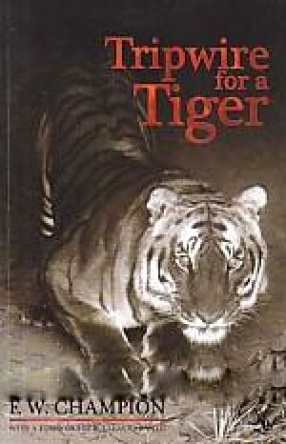
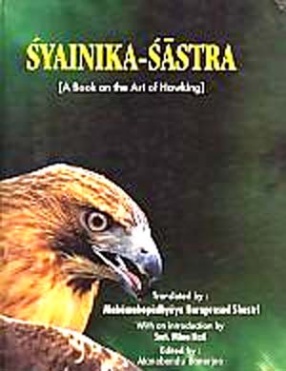
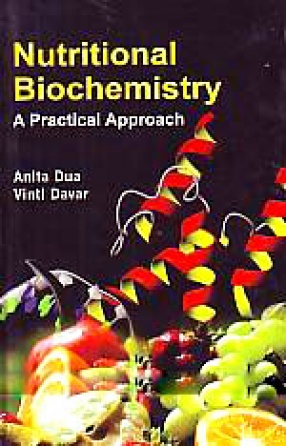
There are no reviews yet.